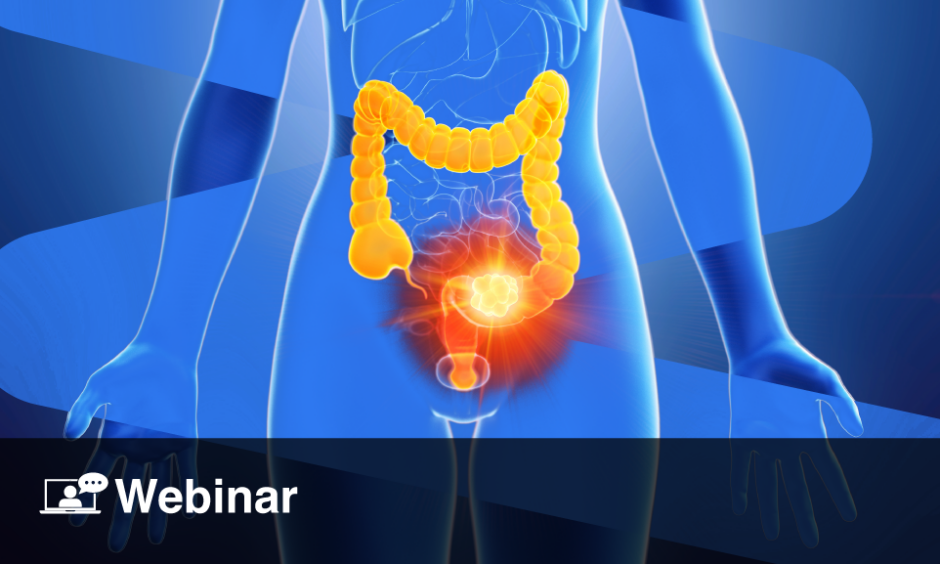RECENT research highlights that aspirin use is associated with a significant reduction in colorectal cancer (CRC) incidence, particularly among individuals with less healthy lifestyle habits. Aspirin is linked to reduced CRC risk, but researchers from the Nurses’ Health Study and the Health Professionals Follow-Up Study aimed to identify individuals who might benefit the most from regular aspirin use for CRC risk reduction.
The study involved 107,000 participants tracked for more than three decades. Participants included 63,957 women from the Nurses’ Health Study (1980-2018) and 43,698 men from the Health Professionals Follow-Up Study (1986-2018). The study focused on various lifestyle factors: body mass index (BMI), alcohol intake, physical activity, diet quality, and smoking habits. Each participant received a lifestyle score from 0 to 5, with higher scores indicating healthier lifestyles. Regular aspirin use was defined as consuming two or more standard tablets (325 mg) per week.
The study found that the 10-year cumulative incidence of CRC was significantly lower among regular aspirin users (1.98%) compared to non-users (2.95%). This translates to an absolute risk reduction (ARR) of 0.97%. Notably, the ARR was most pronounced among those with the unhealthiest lifestyle scores. For instance, individuals with lifestyle scores of 0 to 1 experienced a 10-year ARR of 1.28%, whereas those with the healthiest scores (4 to 5) saw a much smaller ARR of 0.11%.
Further analysis revealed that the number needed to treat (NNT) with aspirin to prevent one case of CRC varied considerably with lifestyle scores. For the least healthy individuals (scores 0 to 1), the NNT was 78, whereas it increased dramatically to 909 for the healthiest individuals (scores 4 to 5). Among the lifestyle factors, BMI and smoking showed the most significant differences in ARR associated with aspirin use.
The study authors concluded that aspirin’s effectiveness in reducing CRC risk is greater among individuals with less healthy lifestyles. These findings suggest that lifestyle factors could be crucial in identifying those who might benefit most from aspirin for cancer prevention. The authors advocate for further research to refine aspirin’s role in personalised CRC prevention strategies, considering individual lifestyle risks.
Laith Gergi, EMJ
Reference
Sikavi DR et al. Aspirin use and incidence of colorectal cancer according to lifestyle risk. JAMA Oncol. 2024;e242503.








